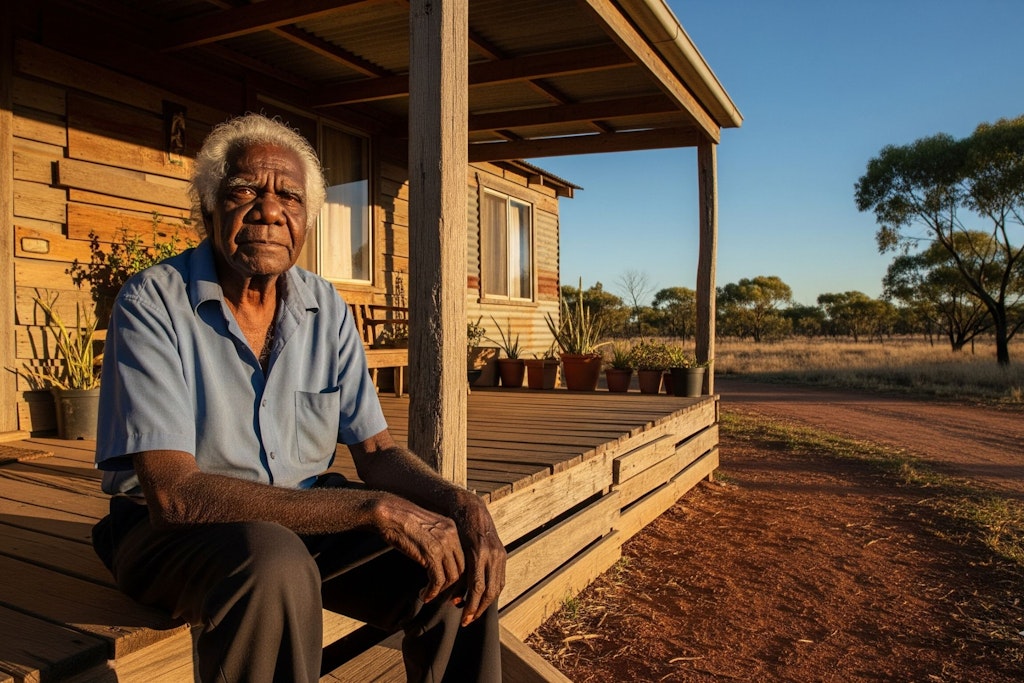Inspector-General warns against mainstreaming Indigenous aged care
Last updated on 15 September 2025

As the sector prepares for a shift to a rights-based, person-centred model of care, concerns are emerging about how the new framework will affect Aboriginal and Torres Strait Islander peoples. Instead of establishing a separate, co-designed and block-funded system as recommended by the Royal Commission into Aged Care Quality and Safety, First Nations aged care is set to be absorbed into the mainstream model.
Natalie Siegel-Brown, the Inspector-General of Aged Care, has warned that this approach risks cultural insensitivity and may undermine the Act’s objectives. In her 2025 Progress Report and a recent SBS Radio interview, she stressed that mainstream models are “highly culturally unsafe and inappropriate” for many Aboriginal and Torres Strait Islander elders, particularly those who are members of the Stolen Generation or survivors of child removal practices.
The Royal Commission’s recommendation for a distinct, specialist system was grounded in the need for culturally appropriate care and recognition of intergenerational trauma. Siegel-Brown’s report cautions that mainstreaming could weaken Aboriginal Community-Controlled Organisations (ACCOs), which provide services that prioritise spiritual, emotional and community connection alongside physical health. By contrast, a universalised model risks imposing standardised practices that fail to reflect cultural needs, potentially exacerbating disconnection and mistrust.
A further challenge lies in the Act’s co-payment structure. Non-clinical supports, such as community connection activities and spiritual practices, will attract the highest co-payments, even for full pensioners. Siegel-Brown has warned this could make service delivery financially unviable for Indigenous providers, driving them out of the sector despite the Royal Commission’s ambition to grow their presence.
Her report calls for urgent action: pausing mainstreaming, reinstating block funding, and developing a truly co-designed system with Aboriginal and Torres Strait Islander communities. She argues that anything less risks alienating providers and repeating past failures where universal access trumped cultural specificity.
The implications reach beyond service delivery to community trust and health outcomes. Many First Nations people over 50 live with the trauma of child removal practices, making culturally responsive care essential. Mainstreaming, Siegel-Brown warns, could erode trust and reduce uptake of services, with long-term impacts on wellbeing. She has also recommended the appointment of a permanent Aboriginal and Torres Strait Islander Commissioner to ensure Indigenous voices remain central to reform.
While government initiatives to co-design cultural safety training and best-practice guidance are underway, Siegel-Brown argues they will fall short without structural separation and mandatory trauma-aware, healing-informed care requirements.
Her analysis is a clear call for refinement: to pause mainstreaming, honour the Royal Commission’s recommendations, and co-design a system that respects cultural identity while promoting equity. Doing so offers aged care the opportunity to build trust, strengthen outcomes, and deliver care that truly supports First Nations elders in ways that reflect their heritage, values and needs.